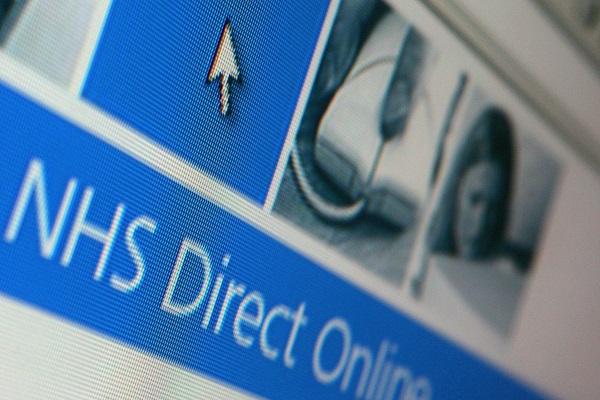News that one of the health service’s largest operators of the non-emergency 111 helpline is to pull out of the market will have raised very few eyebrows in the health sector. NHS Direct, which ran the telephone helpline that preceded 111, is on track to record a deficit of £26 million this financial year and, along with other providers, has attracted criticism for a host of operational and qualitative mishaps. NHS Direct’s unsustainability and 111’s myriad problems have been all too apparent.
Like the service itself, the reasons for 111’s many failings are complex. What it does illustrate, however, is a more fundamental issue regarding the application of market principles to the health service.
NHS Direct used to be paid more than £20 per call to operate the old 0845 number. Following the tendering of the 46 111 contracts (of which NHS Direct initially won 11), this payment dropped to between £7 and £9 per call. It is now quitting the market because it finds the contracts ‘financially unsustainable’.
On the face of it, this shift in price point looks like a solid deal for the taxpayer. NHS Direct may have fallen over, but if other providers can operate at this level, then the incumbent should shape up or ship out. In truth, though, it is simply the latest example of two trends that are tugging at the fabric of the health service.
After years of plenty, the NHS is now being forced to live within its means. Given the scale of the service, and its unique makeup, this is easier said than done. One option for NHS commissioners, then, is to slap a price on a host of services, cross their fingers, and hope that someone can deliver a reasonable service within that budget. Given the £110 billion potential of the NHS market, these opportunities are rarely ignored by the private sector, and competition amongst providers leads to some heroic pricing, such as the halving of the 111 per call cost.
In principle, there is little wrong with this. The NHS needs to save money, and the private sector wants to make it. Where the process too often falls down, though, is around price. Identifying the true cost of NHS services is notoriously difficult and, when the private sector is engaged, too often successful providers either find that they’ve taken on loss leaders, or – as with the early days of the independent sector treatment centres – the NHS ends up paying over the odds. Either way, acrimony ensues.
This is not to forgive providers for delivering poor services, but it perhaps partly explains it. Indeed, in a timely bit of scheduling, Chanel 4’s Dispatches will tonight air its investigation into the private equity-backed Harmoni, which has a third of the 111 contracts. The programme is due to highlight concerns about staff shortages, poor training and unnecessary ambulance callouts.
In this context, it is inevitable that the tropes of public sector incompetence and private sector greed will continue to dominate the debate. And while there are elements of truth in both, neither is a particularly productive line of argument, and the tribal squabbles do little to benefit patients.
As it stands, too many NHS contract wins prove to be either pyrrhic victories for the providers, or needlessly expensive for the taxpayer. Until the health service improves its own approach to costing, the 111 service will not be the only one calling for help.
Vernon Baxter is editor of HealthInvestor magazine, which covers the UK’s health market






Comments